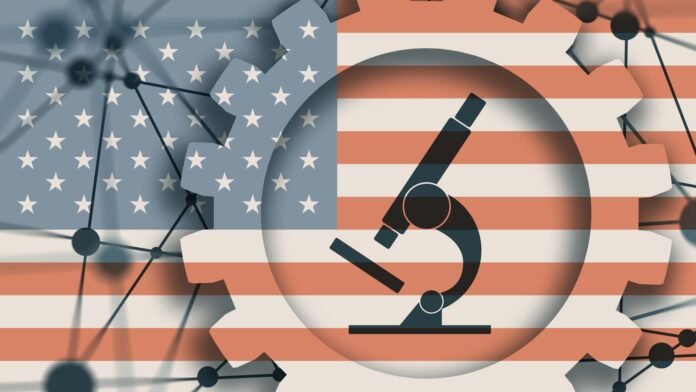The U.S. is creating scientific refugees as research opportunities become precarious. Instead of worrying about their U.S. jobs, scientists are turning to international institutions to make a new life without fear of the Trump administration.
Background
The Trump administration halted research funding in several disciplines, leaving many scientists stranded. “Federal science budgets have been slashed,” said The New York Times. “Stricter immigration policies have spread fear among international scientists working in the United States, and those who had hoped to. Graduate and postdoctoral students have had their visas canceled, or worry they will.” This has created a scientific “brain drain” in the U.S.
Trump has severely curtailed research involving diversity, equity and inclusion, as well as climate and biomedical research. As a result, 75% of scientists have considered leaving the U.S. to pursue scientific opportunities elsewhere, according to a poll taken by the scientific journal Nature.
Subscribe to The Week
Escape your echo chamber. Get the facts behind the news, plus analysis from multiple perspectives.
SUBSCRIBE & SAVE
Sign up for The Week’s Free Newsletters
From our morning news briefing to a weekly Good News Newsletter, get the best of The Week delivered directly to your inbox.
From our morning news briefing to a weekly Good News Newsletter, get the best of The Week delivered directly to your inbox.
The latest
Where one door closes, another opens. Scientists who have felt abandoned in the U.S. are being courted by institutions across the world. Aix-Marseille University (AMU), located in France, “introduced eight U.S.-based researchers who were in the final stage of joining the institution’s ‘Safe Place for Science’ program, which aims to woo researchers who have experienced or fear funding cuts under the Trump administration,” said Politico. The program has received close to 300 applications from some of the top institutions in the U.S.
Despite AMU not being a well-known university outside of France, the program has still drawn significant attention from American scientists. “Moving to a new country where English is not the official language is a big step,” said Politico. “There’s also the issue of salaries, which are lower for academics in France than in the United States, and the fact that there’s less money for research.” However, the “principle of academic freedom, as well as the entire system of research and higher education in the United States, is really under attack,” said Brian Sandberg, a history professor at Northern Illinois University who applied to the program, to AFP.
The reaction
The scientific refugees of the Trump administration provide an opportunity for other countries. “With France even considering a scientific refugee status as a result of the U.S. exodus, the country is laying the groundwork to capture that talent,” said Monocle. “While the U.S. shoots itself in the foot, Europe might receive a shot in the arm.” Other countries are also looking to acquire U.S. scientists. Several Chinese universities are “aggressively recruiting Chinese undergraduates abroad to skip traditional academic pathways and enroll directly into PhD programs,” said the South China Morning Post.
There are also new scientific refugees in the making. President Donald Trump‘s “big, beautiful bill” calls for a 56% cut to the National Science Foundation budget and a 73% reduction in staff and fellowships. It also cuts resources from the National Oceanic and Atmospheric Administration, Environmental Protection Agency, Department of Agriculture and U.S. Geological Service. There is a “whole generation of young scientists who see no pathway into the field for them,” said Jacquelyn Gill, a paleoecologist at the University of Maine, to The Guardian. “I cannot stress enough how deeply upsetting and demoralizing these cuts are to a community of people who only ever wanted to solve problems and be of use.”






